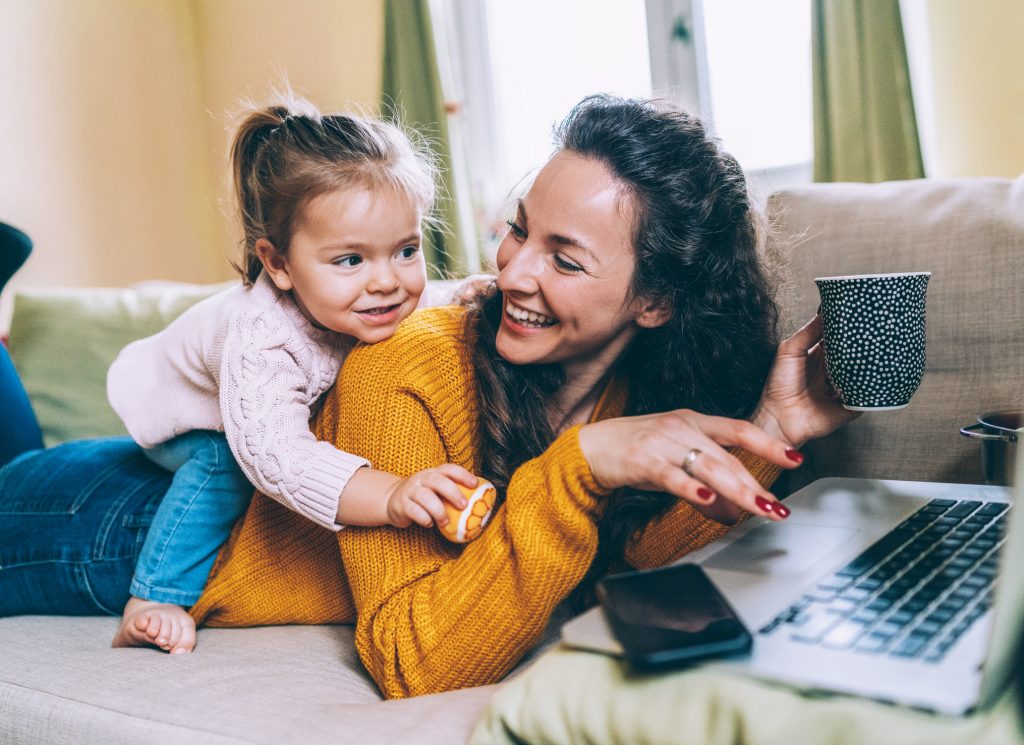March is National Developmental Disabilities Awareness Month, which presents an opportunity for all of us to increase our awareness of the challenges that come with various disabilities and play our part in making society more inclusive.

Ableism — discrimination in favor of able-bodied or able-minded people — is pervasive in American society. Most ableism isn’t identifiable through animosity. It’s the small things, like how many of New York City’s subway stations are non-wheelchair accessible, or the way that many technologies are, by default, exclusive of people who are blind or deaf.
There’s discrimination and exclusion in daily life, in employment, in education and more. As a national adoption agency with more than 25 years of experience, we have seen attitudes and ideas about children who have mental and physical disabilities shift within the adoption community over time. In celebration of National Developmental Disabilities Awareness Month, we wanted to take a look at a few big ideas around disability and adoption.
To help increase awareness, you can participate in National Developmental Disabilities Awareness Month by sharing this blog or other helpful resources with your friends and family. In the meantime, here are some important things to know about the interaction between adoption and disabilities.
If you have a disability, you can still consider adoption.
Starting a family through adoption is not an exclusive option for able-bodied people. Many years ago, this may have been how people thought. But today’s world is (thankfully) more inclusive. A hopeful parent with disabilities can consider adoption.
The adoption process can be challenging. It’s complicated and long, not to mention emotional. Most families approach it with excitement but also with nervousness. Those feelings may be amplified if you are worried about how your disability could impact your adoption process.
Every person and every process is unique. You are sure to face challenges that are specific to you, and that may or may not have anything to do with your disability. The best thing you can do if you are interested in adoption is to speak with a specialist. You can call 1-800-ADOPTION any time to ask questions and learn more (this call is always free).
There are more than 50,000 children with disabilities waiting for adoption.
There is a serious need for prepared parents who are open to adopting a child who has disabilities. The National Adoption Center estimates that up to 134,000 children waiting for a family through adoption have “special needs,” which are defined in this case as any risk factor that makes placement more challenging. Of those 134,000, it is estimated that up to half have a developmental disability of some kind.
Adopting a child with a disability, just like any other kind of parenting, is not easy. However, it can be an amazing way to start your family. We encourage hopeful parents to think long and hard about this choice. When you start your adoption process, you’ll be given an adoption planning questionnaire (APQ) to fill out. Your APQ is where you set the boundaries for your adoption — what you are and are not comfortable with in adoption opportunities.
Be honest with yourself, and don’t stretch to be idealistic. If you do believe you have the means and heart to adopt a child who has disabilities, then we encourage you to be open to these opportunities on your APQ.
If you have questions about the APQ and adoption opportunities, the best thing you can do is talk to your adoption specialist.
There are adoption professionals who specialize in placements of children with disabilities.
If you are open to adopting a child with disabilities, American Adoptions would be happy to work with you. We also know of several trustworthy organizations that work specifically in this area of adoption. For information and resources, you could also look to:
The way we speak matters.
You may have noticed that this blog has yet to use the phrase “disabled child.” Rather, we have been saying “a child with disabilities” or “a person who has a disability.” As we increase our awareness during National Developmental Disabilities Awareness Month, it’s also important to increase our understanding in areas such as this.
Language matters. When we place the disability before the person, we are defining them by the disability. It may seem like a small change, but it is much better to put the person first. All of us are first and foremost people, worthy of dignity and not defined by our abilities.
There are several things to consider about adoption and disabilities.
If you are a hopeful parent considering adoption, you may now be thinking about what it would be like to adopt a child with disabilities. There’s a lot to consider. Ultimately, it is your choice. You know what is best for your family and what you are capable of as a parent.
It’s a good idea to ask yourself these questions:
- What disabilities are we ready to help manage?
- How will our health insurance help if we have a child with disabilities?
- Are we financially prepared for any additional costs that could come with caring for a child who has a disability?
- Are we prepared to make sacrifices in order to meet our child’s special needs?
- Do we have a support network for when things become challenging?
Contact us today to learn more.
If adopting a child with disabilities is something you think would be right for your family, or if you are living with disabilities and would like to adopt, please contact us today. You can call to speak with an adoption specialist at 1-800-ADOPTION or request more free information online.
National Developmental Disabilities Awareness Month is a time to educate ourselves and others about the unique challenges faced by people living with physical and mental disabilities. During this month, we can become more aware and inclusive in all areas of life, including adoption.


